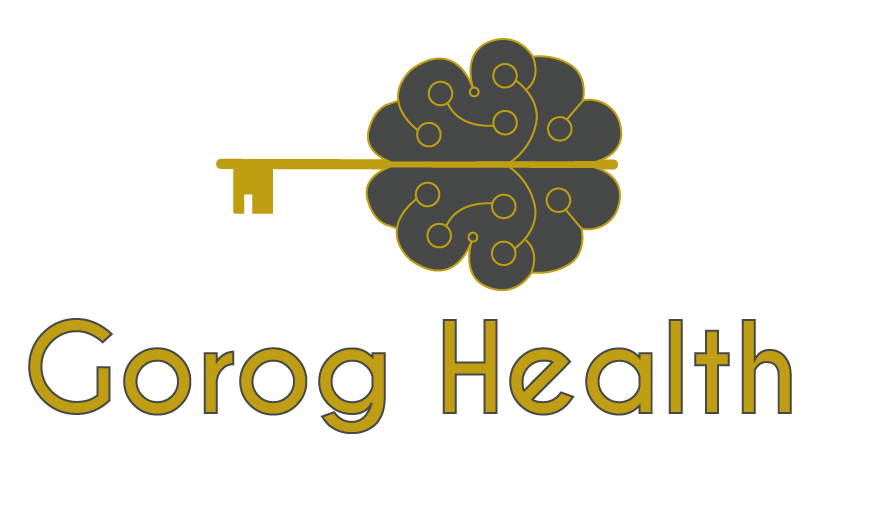Trauma & PTSD THerapy in Denver,co
What is ptsd?
Post Traumatic Stress Disorder or PTSD is a psychological disorder in the DSM-V classified under ‘Trauma- and Stressor-Related Disorders.’ PTSD can, but not always, occur in response to a life-threatening event. After a person experiences a trauma, typically the individual is left with debilitating feelings of fear, helplessness and horror.
What is the difference between ptsd and trauma?
While it is necessary for a person to have experienced a trauma in order to qualify for a diagnosis of PTSD, it is not necessarily true that a person who has suffered a trauma will go on to qualify for a diagnosis of PTSD. Recent studies have found that certain factors account for why some people who experience trauma develop PTSD while others may not.
Regardless, it is safe to say if you have experienced a trauma three things are probably true for you.
You have experienced something very upsetting and it is probably difficult for you to think about let alone talk about,
You recognize that this experience has changed you in some way.
This experience is having some lasting impact on you, your relationships, and your life.
Symptoms of PTSD usually begin within the first 3 months after the trauma, although there may be a delay of months (with delayed onset), or even years, before the full criteria for the diagnosis are met.
what is Religious Trauma?
Religious Trauma Treatment and Therapy in Denver
While it is not a DSM classification, religious trauma, religion and trauma, or traumatic experiences from religion certainly are real and an experience you can attest to if you've been through it.
Religious trauma is painful and often leaves a person feeling angry, confused, lonely, and with a sense of loss and abandonment. Typically, religious trauma occurs in the wake of forced exile from a community on the basis of the communities' religious beliefs that the person has been told they violated.
While disagreements and conflicts occur in any organization or community (religious or not), religious trauma is typically experienced only after a person has left (or been forced to leave) a religious organization, and can reflect upon such interpersonal abuses of power, spiritual control or manipulation, or moral coercion tactics. Often such a trauma stems from spiritual manipulation or an abuse of power that renders a person disempowered, isolated, and abandoned.
Religious trauma can have just as severe a negative impact on one's psychological, social, and emotional experience as any other trauma. Like other forms of trauma, the younger the child, and longer the duration such abuses have occurred, the more serious the ramifications. If you would like to learn more and are curious about how to heal from religious trauma, contact Dr. Lauren Gorog today.
Trauma Therapist in Denver, CO
As a Trauma Therapist in Denver, CO, it is my goal to help you as both a compassionate guide and a responsive orchestrator of the treatment process. Individuals with PTSD are 80% more likely than those without PTSD to have symptoms that meet criteria for at least one other mental disorder (e.g. depressive, bipolar, anxiety, or substance use disorders). Whether you think of your experience as “traumatic” or not, you may still have symptoms or meet criteria for PTSD.
Untreated PTSD can create a cascading negative impact on one’s life over time as one spends more effort avoiding and trying to manage primary symptoms (e.g. avoidance, nightmares, and anxiety). Issues like insomnia, high blood pressure, stomach ulcers, and other GI issues can wear the body down with prolonged stress. If you believe you may be suffering from PTSD or have suffered a trauma that is affecting your life, contact Gorog Health today to learn more about our Trauma & PTSD Therapy.



